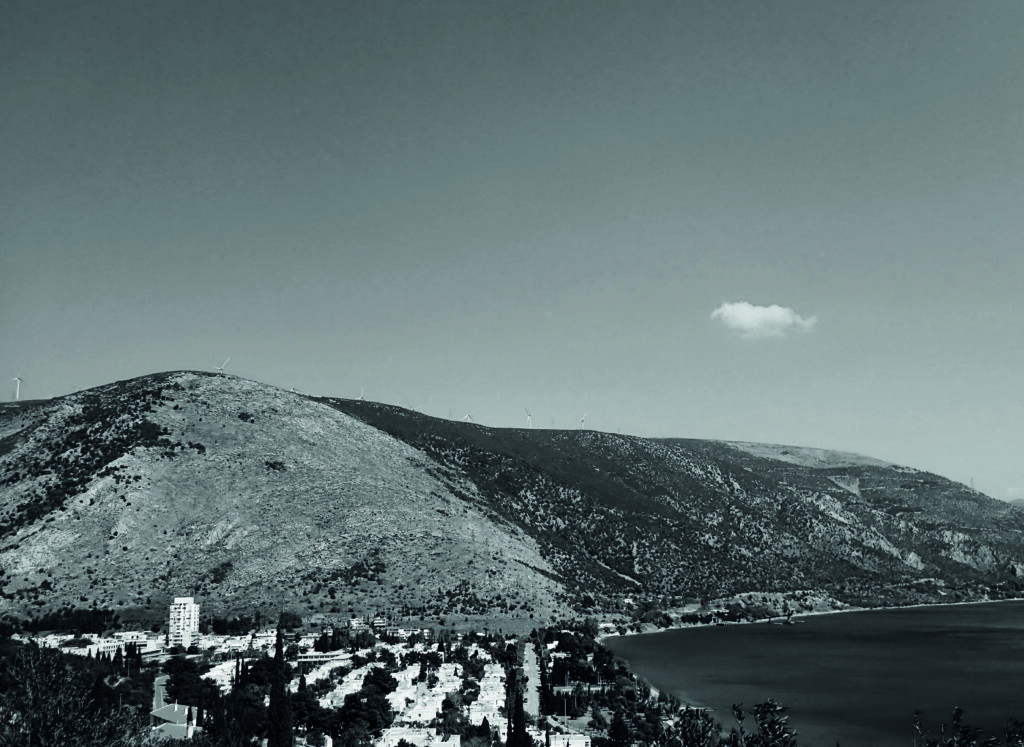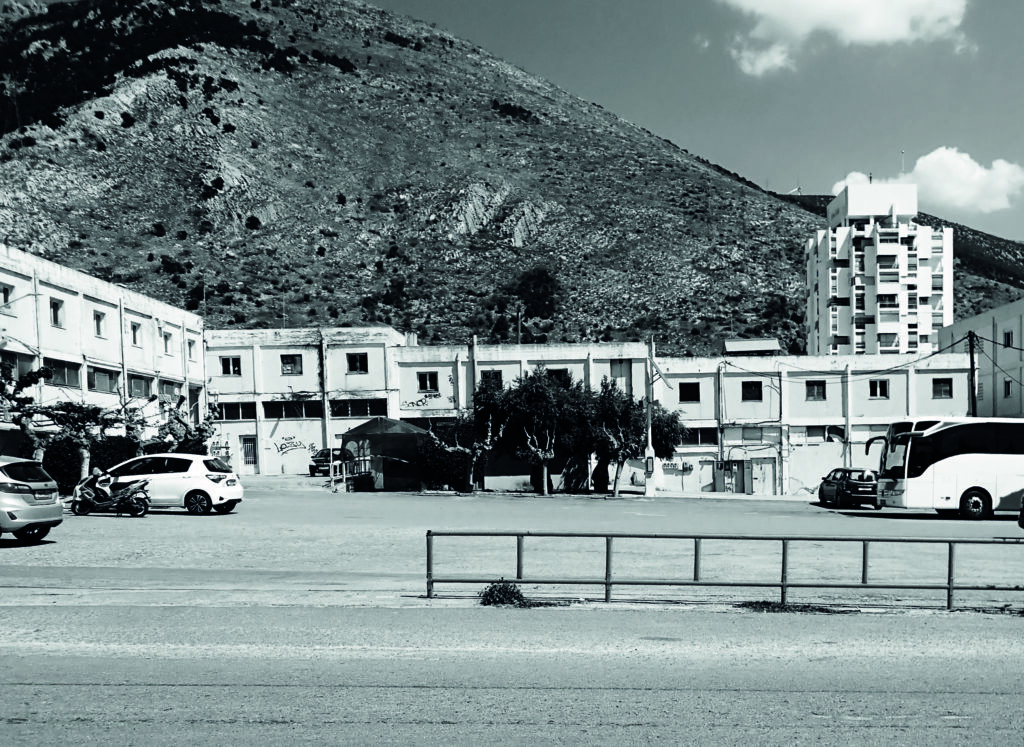Aristotelis Antoniou 2024
Supervision: Univ.Prof.in Dipl.-Ing.in Dr.-Ing.in habil. Heike Oevermann, M.A.
“From Abstraction to Realisation” –
Conserving the Architectural Concept of Modern Heritage
Exploring Modern building heritage reveals numerous paradoxes, urging the need for a comprehensive approach encompassing its historical essence, discursive practices and cultural facets. This necessity arises due to the constantly evolving nature of “Modernism” and “Modern Heritage” and their definition over time. As we distance ourselves from objective historical narratives and the inherent “authenticity”, evaluating modern building heritage becomes a complex and abstract project.
Although the process of becoming abstract is inherently infinite, it contains given boundaries. Within these limits, the research will try to discern the abstract conditions and potentials of Modern architecture. These conditions are embedded in scientific processes, encompassing systematic observations and experiments, all framed within the conceptualisation and application of architectural thought. Drawing on the theoretical foundations laid by M.Foucault, B.Latour and critical 20th-ce. philosophy, the research delves into the multifaceted layers of the “architectural concept”, its extensions (Abstraction) and reductions (Realisation) among the (re)-productive architectural system, its (re)-inventive mechanisms and conservation values, within Modern heritage.
This research examines a quasi-listed, post-war Modernist urban landscape, Aspra Spitia, (White Houses), by K.Doxiadis, in rural Greece. It consists of a working class province, built to address the requirements of labourers employed in the lignite mining industry, where Doxiadis implement the ideas of Modern movement, its critique to the latter and the local “identity”. It is one of the few examples of urban planning in Greece, which recently was turned into a smart-city, unveiling parallels between modernity’s abstract framework and present-day perspectives. Understanding how various stakeholders interpret/reason modern heritage within institutionalised architectural (re)-production systems is crucial, in order to reach the values embedded and to respond to the question, How do we actually measure heritage values?



